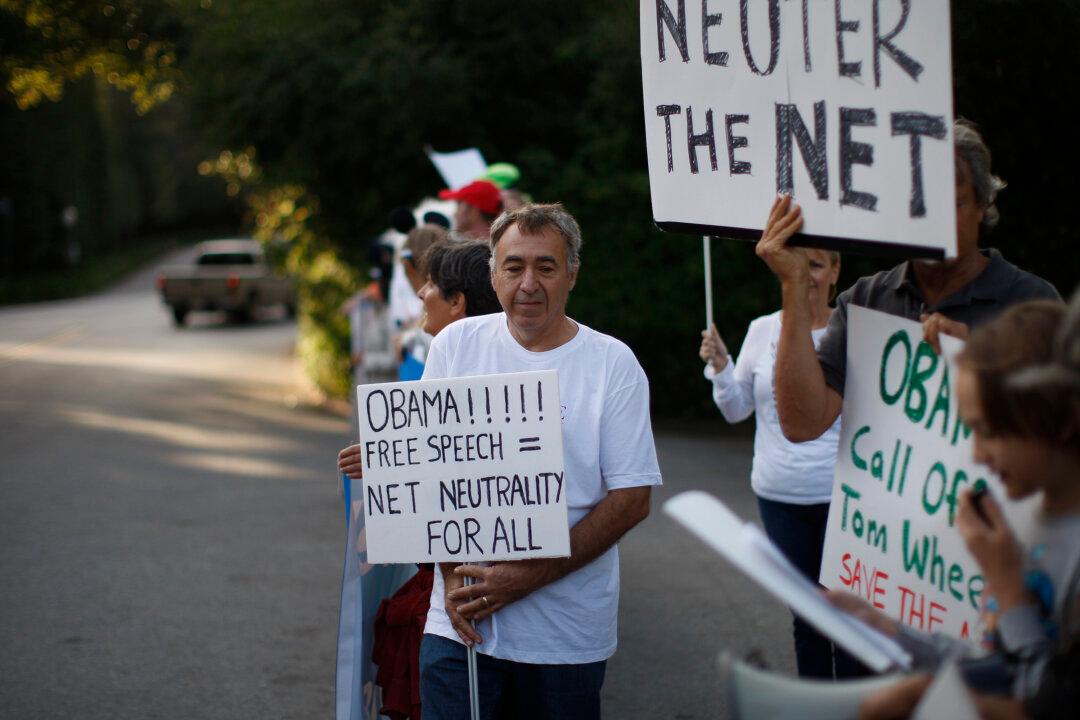On Thursday the Federal Communications Commission is scheduled to vote on new open internet access regulations, often referred to as net neutrality rules.
The nitty gritty details have yet to be disclosed, although the FCC is expected to propose regulating internet providers like public utilities. Nonetheless, the rules, if passed, will do little to resolve the major problem: the laws governing the internet were written in the early 20th century, decades before the companies that dominate the internet like Google and YouTube even existed. The only solution is a complete rewrite of the 80-year-old Communications Act – unfortunately a fool’s errand in today’s Washington.
In principle, the proposed regulations would limit the ability of broadband access providers such as Comcast and Time Warner, as well as wireless carriers like Verizon and AT&T, to throttle lawful internet content and services on their networks or offer a fee-based fast lane. A majority of FCC members believe that these rules are necessary due to the limited number of broadband access providers, so they’re likely to pass in one form or another.
Little Broadband Competition
Most people in this country have access to at most two broadband providers. This lack of competition gives those providers control over consumers’ access to internet services and content – as well as internet companies’ access to those same consumers.

